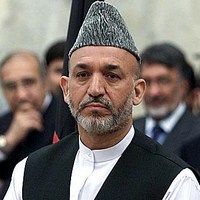
During a visit to Saudi Arabia in February, Japanese Industry Minister Toshimitsu Motegi reportedly offered cooperation on civil nuclear technology to help the kingdom boost oil exports by freeing up supplies currently used in domestic electricity generation. The offer came in the context of rising Saudi crude exports to Japan resulting from Tokyo’s post-Fukushima nuclear shutdowns as well as its declining imports from Iran. It also came at a time when the new Japanese government led by Prime Minister Shinzo Abe is looking to boost civil nuclear exports to support Japan’s flagging domestic industry. Given its plans for a massive […]







